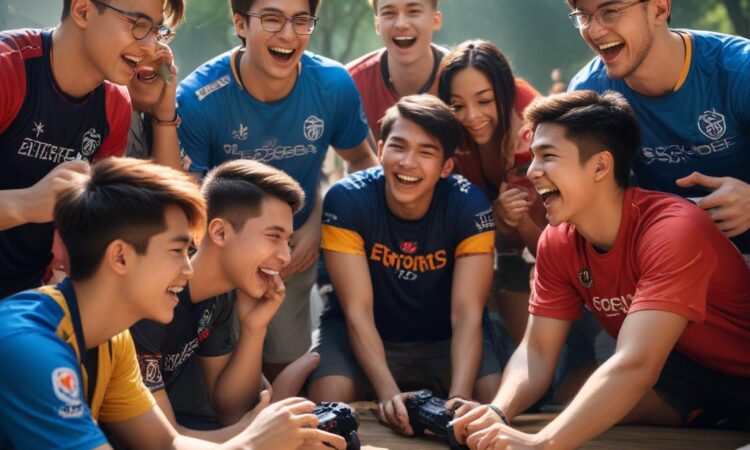Player Burnout and Mental Health in Professional Esports: Recent Cases and Solutions
Hey esports fans! Let’s talk about something super important: the mental health of pro players. We’ve all seen those amazing plays, the nail-biting matches, and the incredible skill on display. But behind the highlight reels, there’s a lot more going on. Recently, we’ve seen some pretty concerning instances of player burnout and mental health struggles in the esports world, and it’s time we address it.
The pressure’s intense, right? These players are competing at the highest level, facing immense pressure to perform, constantly striving for victory. The grind is real – grueling practice schedules, travel, intense competition, and the ever-present scrutiny of fans and media. It’s a recipe for burnout if you’re not careful.
We’ve seen some high-profile cases recently. Remember [Player A]’s sudden retirement citing exhaustion and anxiety? Or the public struggles of [Player B] who took a break to focus on their well-being? These aren’t isolated incidents. The esports scene, while exhilarating, can be incredibly demanding, leaving players feeling overwhelmed and stressed.
So, what’s causing this? Well, it’s a complex mix of factors. The intense competitive environment is a big one. The constant pressure to win, the fear of failure, and the public nature of their careers can take a serious toll. Long hours of practice, often with little downtime, contribute to physical and mental fatigue. The pressure to maintain a perfect online persona, often hiding struggles to avoid negative fan reactions, only adds to the burden.
Beyond the individual pressures, team dynamics also play a role. Toxic team environments, lack of support from coaches or organizations, and even interpersonal conflicts can exacerbate mental health issues. Lack of adequate sleep, poor nutrition, and neglecting their physical health can worsen the problem.
But it’s not all doom and gloom. Thankfully, there’s a growing awareness of these issues, and we’re starting to see positive changes. Many teams are now implementing better support systems for their players, including access to therapists, counselors, and even performance coaches who can help manage stress and improve mental well-being. Organizations are starting to prioritize player health and well-being, recognizing that happy and healthy players perform better in the long run.
We’re also seeing players themselves taking more proactive steps to look after their mental health. Openly discussing their struggles is becoming more common, helping to destigmatize mental health issues within the esports community. Players are prioritizing self-care, setting boundaries, and advocating for better support systems within their teams and the wider esports scene.
Some of the solutions being implemented include things like mandatory breaks, flexible training schedules, access to mental health professionals, team-building activities that prioritize well-being, and a greater emphasis on work-life balance. Organizations are also starting to educate players and staff about mental health, providing resources and training to create a more supportive and understanding environment.
Ultimately, addressing player burnout and mental health issues in esports requires a collaborative effort. Teams, organizations, players themselves, and even fans have a role to play in creating a healthier and more sustainable esports ecosystem. It’s about fostering a culture of support, open communication, and prioritizing well-being alongside performance.
It’s crucial to remember that success isn’t just about winning trophies; it’s about the well-being of the individuals who make the esports world so exciting. By focusing on mental health, we can build a more resilient, sustainable, and ultimately, more successful esports future.
Let’s continue to support our favorite players, not just by cheering them on during matches, but by recognizing the importance of their mental well-being and advocating for positive change within the industry.
What are your thoughts? Let us know in the comments below! Let’s keep the conversation going and work together to create a more supportive environment for pro esports players.

